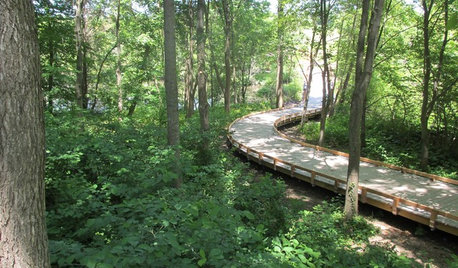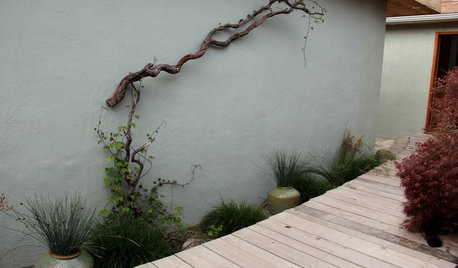Can I use sulfur
gardengopi
15 years ago
Featured Answer
Sort by:Oldest
Comments (17)
gardengal48 (PNW Z8/9)
15 years agogardengopi
15 years agoRelated Professionals
West Milford Landscape Architects & Landscape Designers · Danbury Landscape Architects & Landscape Designers · Beachwood Landscape Architects & Landscape Designers · Peabody Landscape Contractors · Lynchburg Landscape Contractors · Mendota Heights Landscape Contractors · Round Lake Landscape Contractors · Tustin Landscape Contractors · Waldorf Landscape Contractors · Baton Rouge Decks, Patios & Outdoor Enclosures · Braintree Decks, Patios & Outdoor Enclosures · Liberty Decks, Patios & Outdoor Enclosures · Mastic Decks, Patios & Outdoor Enclosures · Palmetto Decks, Patios & Outdoor Enclosures · Portland Decks, Patios & Outdoor Enclosuresdchall_san_antonio
15 years agoKimmsr
15 years agogardengal48 (PNW Z8/9)
15 years agoorganicguy
15 years agoKimmsr
15 years agogardengal48 (PNW Z8/9)
15 years agodchall_san_antonio
15 years agolou_spicewood_tx
15 years agoKimmsr
15 years agogardengal48 (PNW Z8/9)
15 years agodchall_san_antonio
15 years agoidaho_gardener
15 years agoMichael
15 years agoidaho_gardener
15 years ago
Related Stories

REMODELING GUIDESAsk an Architect: How Can I Carve Out a New Room Without Adding On?
When it comes to creating extra room, a mezzanine or loft level can be your best friend
Full Story

LIVING ROOMSIdeabook 911: How Can I Make My Living Room Seem Bigger?
10 Ways to Make a Small Space Live Large
Full Story
FUN HOUZZEverything I Need to Know About Decorating I Learned from Downton Abbey
Mind your manors with these 10 decorating tips from the PBS series, returning on January 5
Full Story
KITCHEN DESIGNThe Cure for Houzz Envy: Kitchen Touches Anyone Can Do
Take your kitchen up a notch even if it will never reach top-of-the-line, with these cheap and easy decorating ideas
Full Story
INSPIRING GARDENSWhat We Can Learn From Longwood Gardens’ New Meadow
Sustainability, ecology, native plant communities ... this public garden is brimming with lessons on horticulture for home gardeners
Full Story
LIFEWe Can Work It Out: Living (and Cleaning) Together
Run a household without fussing and fighting with these ideas for how to work together on household chores
Full Story
DECORATING GUIDESSee How Wabi-Sabi Can Bring Harmony and Beauty to Your Home
Create your own wabi-style style with beautifully weathered, humble materials around the house
Full Story
PETSWhat Chihuahuas Can Teach Us About Interior Design
Who knew these tiny dogs could be such a huge fount of design tips? Houzzers did
Full Story








justaguy2